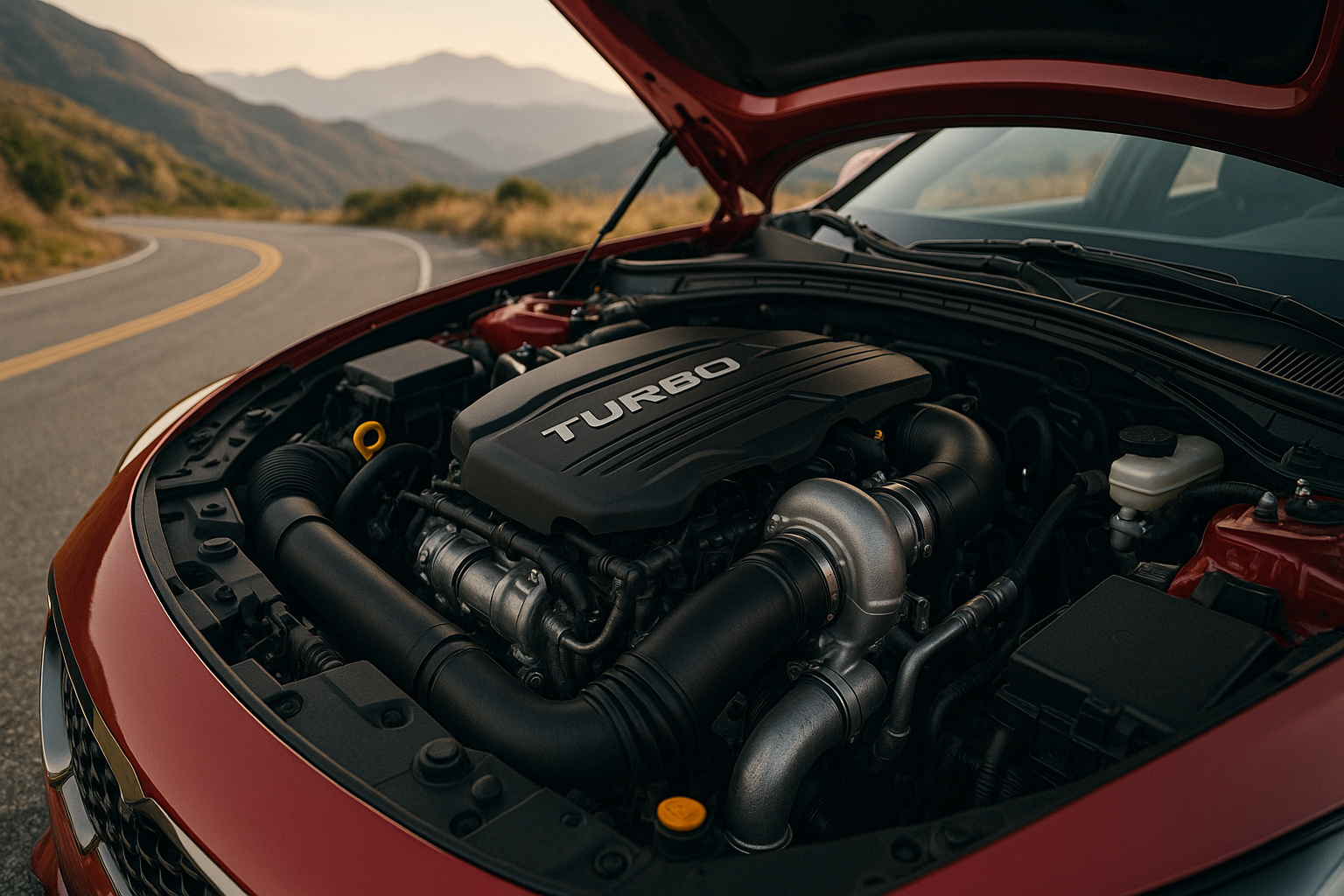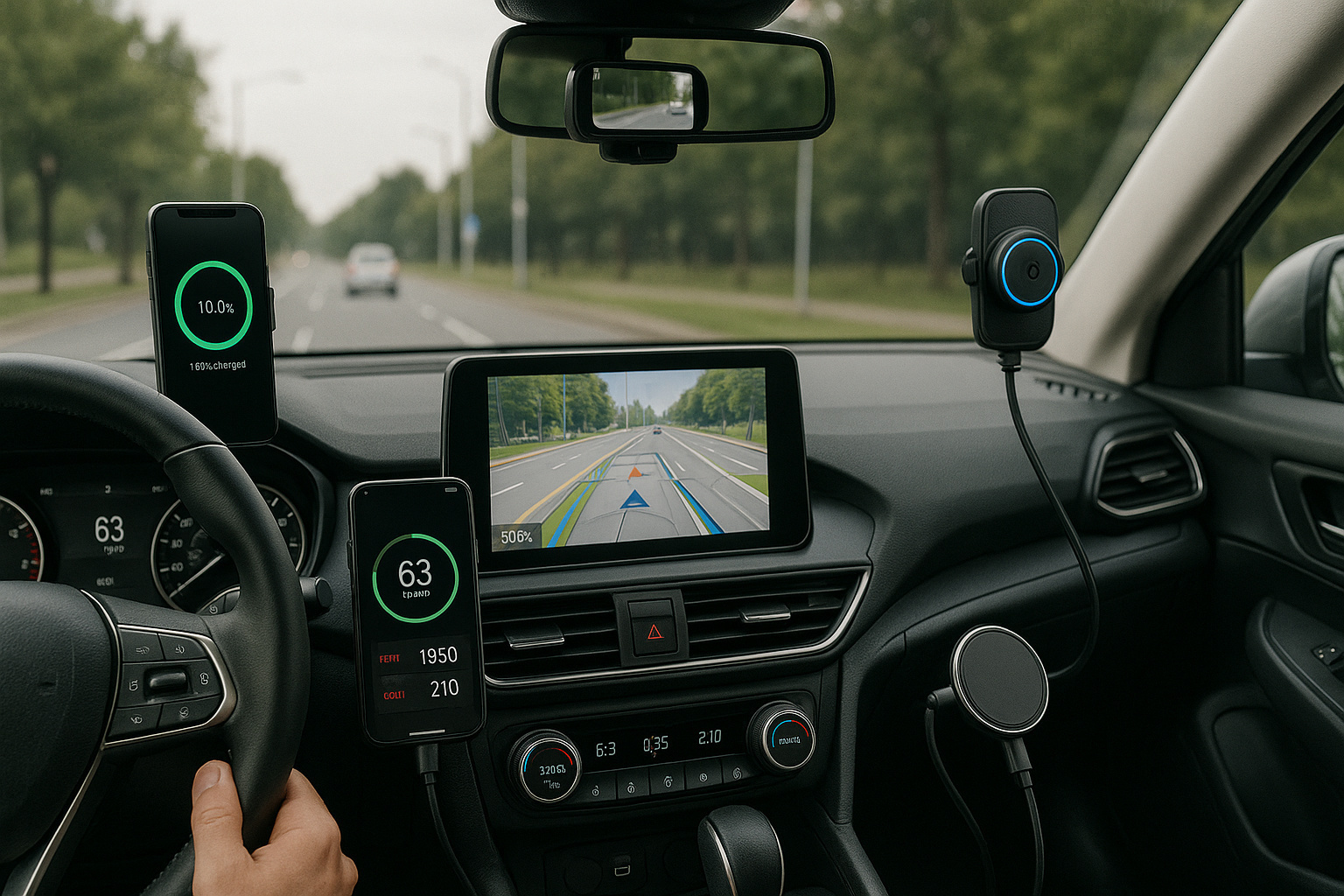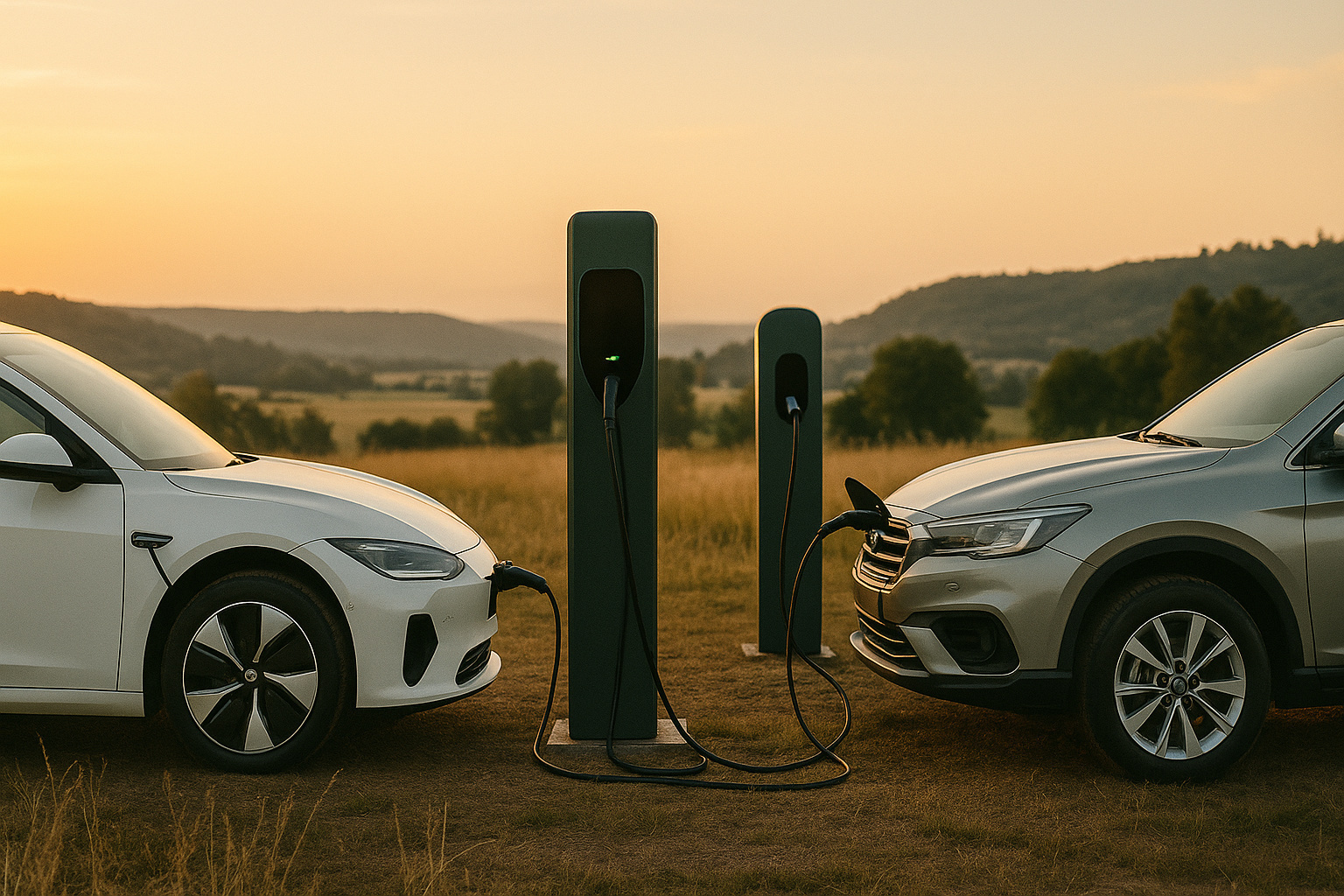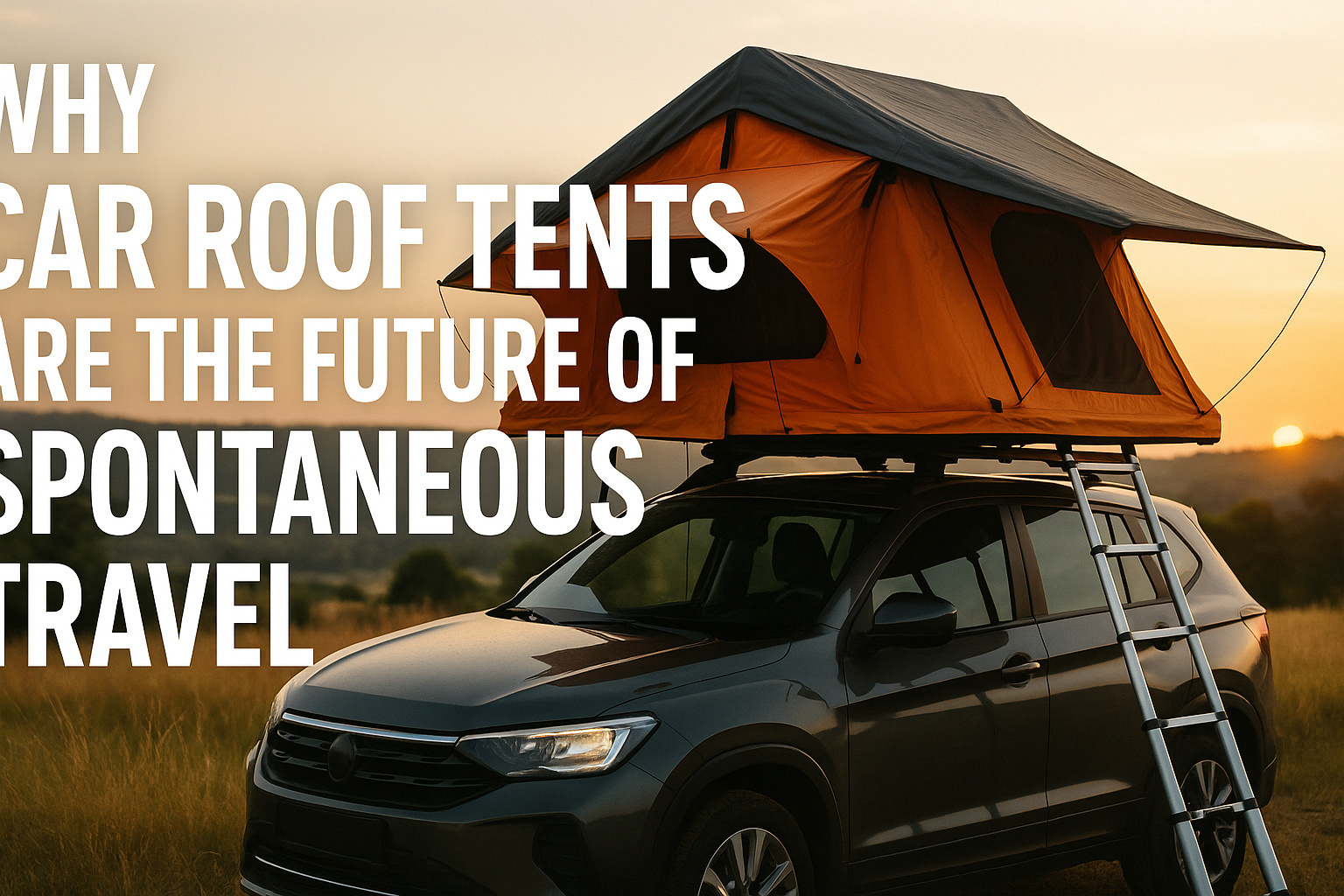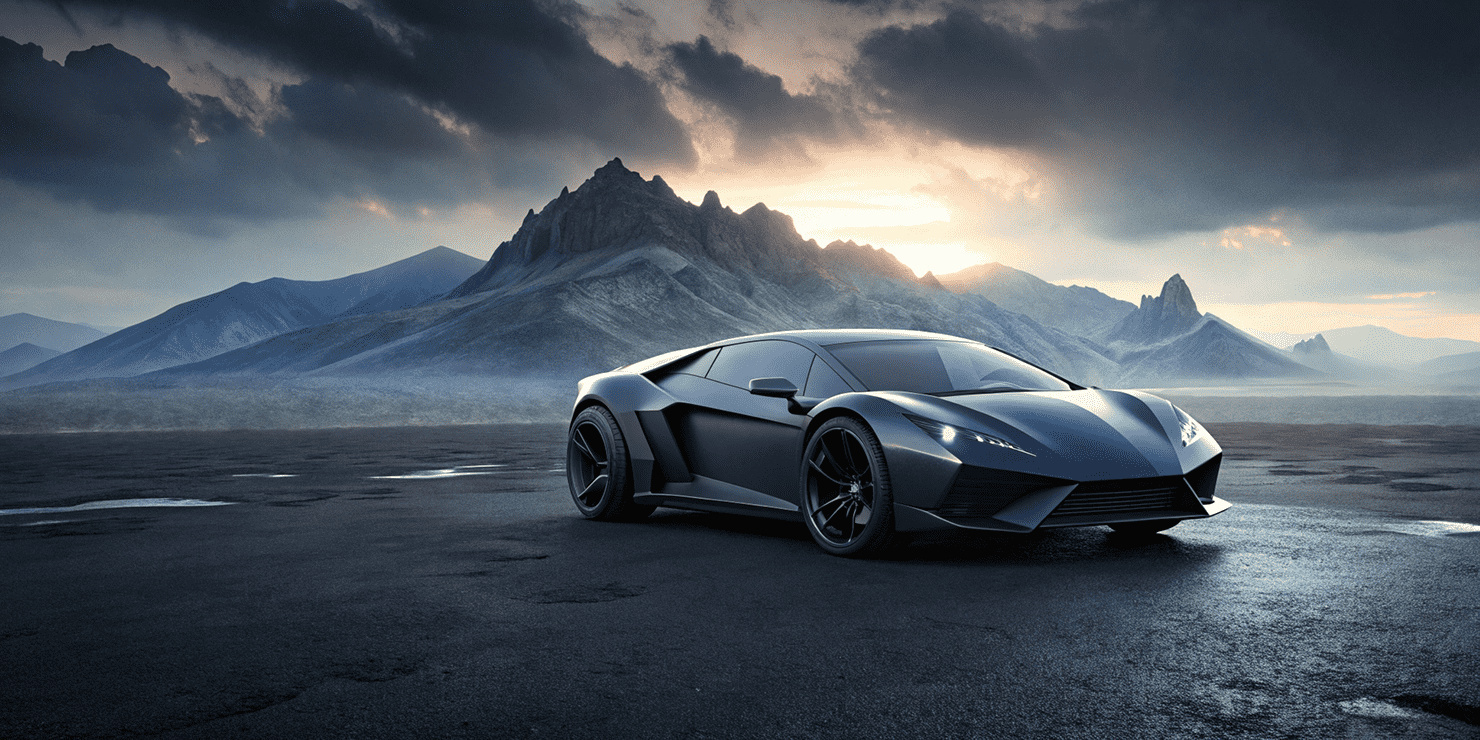
In 2025, the landscape of high-end electric cars has evolved remarkably, reflecting continuous advancements in battery technology, driving range, and luxury features. As concerns over environmental sustainability intensify and technology prices decrease, more consumers are considering luxury electric vehicles (EVs) as a vibrant alternative to traditional combustion engines. This guide provides an in-depth look at the best high-end electric cars available in 2025, exploring crucial factors such as performance, technology, and environmental impact to help you make an educated purchase decision.
Choosing the right high-end electric car involves several considerations bespoke to electric vehicles. Prospective buyers should evaluate the driving range, the time required for charging, the availability of charging stations, and the overall performance. Models like the Tesla Model S and the Audi e-tron GT have set impressive benchmarks in terms of range and performance. Meanwhile, newer entries such as the Mercedes EQS and the BMW iX, with their cutting-edge technology and luxury interiors, are also worthy of consideration.
Another vital aspect is the integration of technological advancements. Features such as autonomous driving capabilities, advanced infotainment systems, and enhanced connectivity options are quickly becoming the norm in high-end EVs. Similarly, sustainability measures, such as the use of recycled materials and enhanced energy efficiency, are increasingly important criteria for environmentally conscious consumers.
Maintenance for high-end electric cars tends to differ significantly from traditional vehicles. Electric cars generally have fewer moving parts, leading to lower maintenance costs. However, battery maintenance and replacement can be expensive. Understanding the warranty and service offerings from the manufacturer can provide additional peace of mind. Ownership costs should also include considerations regarding the depreciation of electric vehicles, which might differ from traditional luxury cars due to technology updates and battery degradation.
Insurance costs for high-end electric cars can be higher due to their increased value and repair costs associated with advanced technology. It's advisable to seek out insurance companies offering special rates or discounts for electric vehicles, which may help mitigate these higher premiums.
Finally, governmental incentives and tax benefits play a crucial role in the overall cost of owning a luxury electric car. Many regions offer significant incentives to encourage EV adoption, which can offset initial purchase prices and reduce ownership costs.
In conclusion, choosing a high-end electric car in 2025 involves understanding a blend of performance, luxury, technological integration, and sustainability factors. While the upfront costs might be higher, the long-term savings on maintenance, combined with potential tax benefits, make them an increasingly viable option for luxury car buyers. As electric vehicle technology continues to advance, these vehicles not only represent a more eco-friendly choice but also offer cutting-edge features that enhance driving experience and safety.
